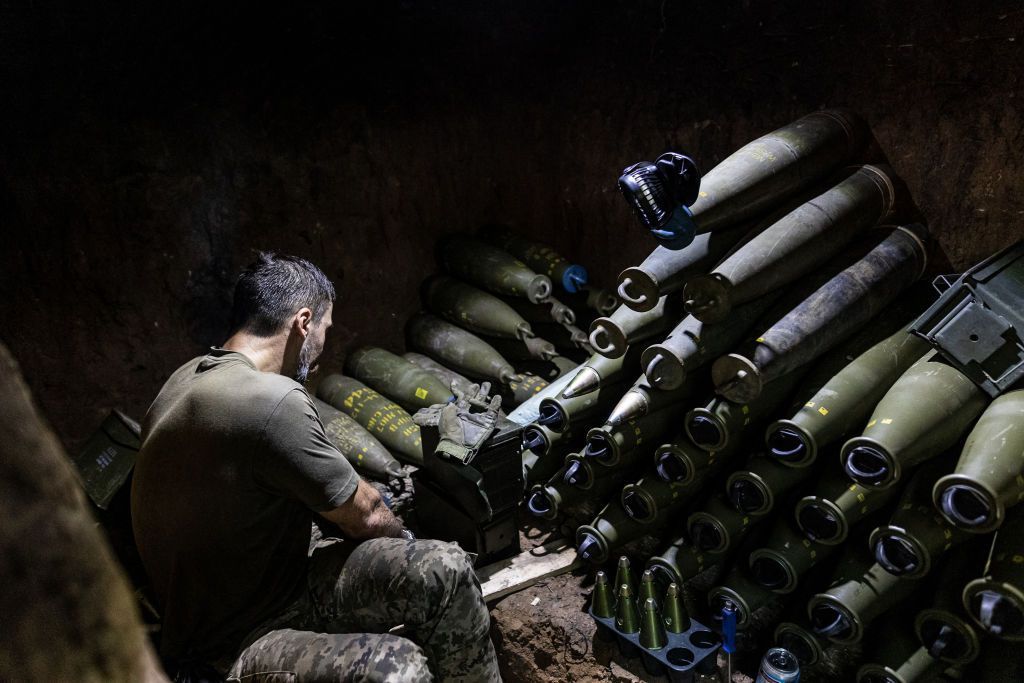Slovak citizens raise $2.8 million for Czech ammunition initiative after government refuses to contribute

Slovak activists collected over 2.6 million euros ($2.8 million) for the Czech ammunition initiative for Ukraine in five days after the Slovak government refused to participate.
Slovak citizens started their campaign "Ammunition for Ukraine" on April 16 to raise additional funds for the Czech-led initiative of purchasing 500,000 155 mm shells and 300,000 122 mm shells outside of Europe to provide Ukraine with them.
Ukrainian forces are facing a critical ammunition shortage, with Russia currently firing shells at a ratio of around 10:1, according to President Volodymyr Zelensky on April 16.
Since then, a number of countries, including Belgium, the Netherlands, Germany, Sweden, Canada, Poland, France, Denmark, and Slovenia, have contributed funds to the initiative.
Otto Simko, a 99-year-old Holocaust survivor and journalist, was one of the founders of the Slovak crowdfunding campaign.
"When I heard about the Czech government's initiative, I was very pleased to hear that all ways are being sought to help Ukraine defend itself against the (Russian) aggressor because there is no other way," Simko told Reuters.
Nearly 40,000 Slovaks have contributed to the initiative, with an average donation worth 64 euros ($68), according to the "Ammunition for Ukraine" website.
Activists said that the campaign aims to show that the majority in Slovakia has not supported the government's shift in foreign policy since September's election.
"Many people in Slovakia are ashamed of the government's orientation to Russia. This is the reason people are contributing," said Zuzana Izsakova, one of the organizers.
Slovak Foreign Minister Juraj Blanar said in late March that Slovakia would not send any arms to Ukraine as "the conflict does not have a military solution."
This position echoed Hungarian Foreign Minister Peter Szijjarto's stance. Hungary, the only EU country to have maintained close ties with the Kremlin since the start of the all-out war, also refused to join the initiative.
Czech Prime Minister Petr Fiala reported on April 15 that the first 180,000 ammunition rounds for Ukraine have already been contracted as part of the initiative and will be sent to the front line in the coming months.
The initiative may deliver as many as 1.5 million rounds, Czech Foreign Minister Jan Lipavsky said in an interview with Bloomberg published on March 26.
While the Czech foreign minister declined to give a timeline for the delivery of the shells, Tomas Pojar, a Czech national security adviser, said earlier that the first batches could be sent to Ukraine as early as June.














